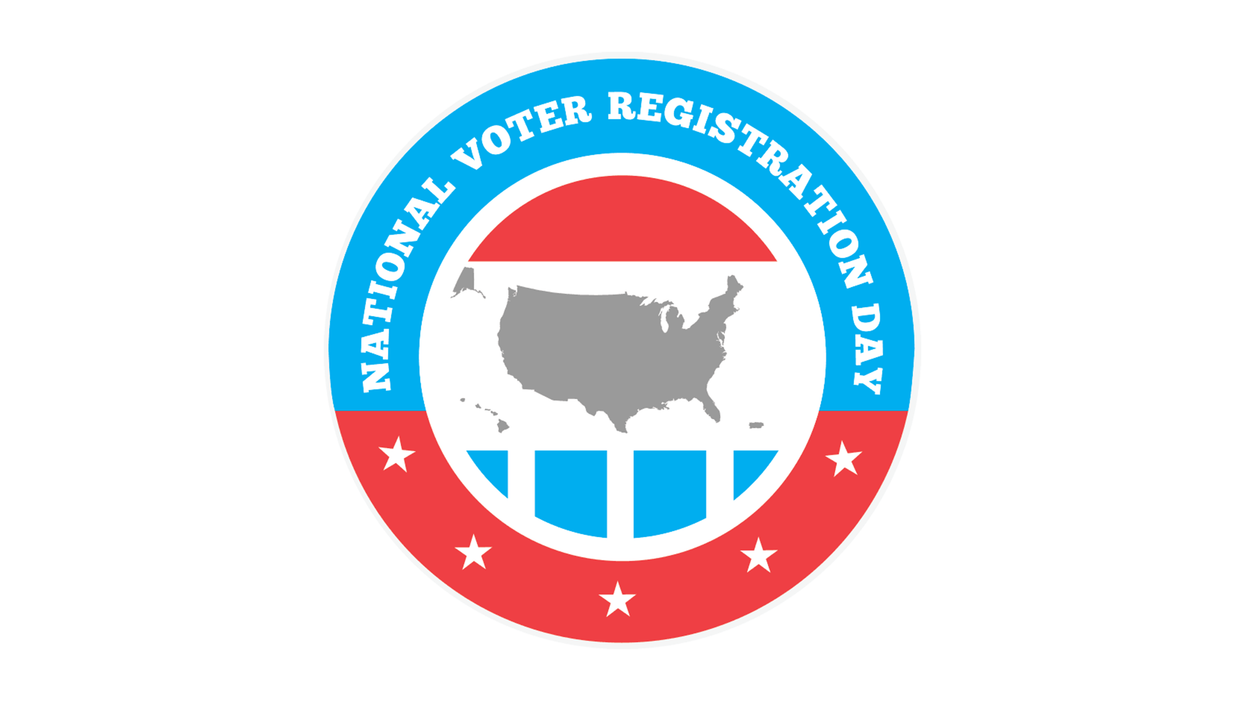More than 500 registration events will be held across the country Tuesday by the League of Women Voters.
The events will be held as part of National Voter Registration Day. The unofficial holiday, always the fourth Tuesday of September, was created in 2012 by a broad group of civic educators and state and local election officials to boost awareness of registration opportunities and get as many thousands of new people as possible added to the rolls almost simultaneously.
This year, LWV volunteers plan to host in-person registration events at public locations such as transit stops, sporting events and naturalization ceremonies, while also promoting the group's newly redesigned website for election information, Vote411.org.
Visitors of the site can check their voter registration status, begin the process of registering, confirm polling locations and voting hours, review any voter identification requirements, and compare candidates and propositions on the ballot in November.
Volunteers registered 865,000 people last year on Sept. 25, a record for the holiday in its sixth year. There were 153 million registered to vote nationwide by the 2018 midterm, a decline of 4 million from Election Day 2106, the Census Bureau says.
"Voters are just a few months away from casting the first ballots in the 2020 elections, so now is the time to make sure your voter registration is up to date," said Virginia Kase, CEO of the League of Women Voters. "Even if you are registered to vote, spread the word."




















